Are you flexible?
I guess any answer would depend on your definition of “flexible.” My grandchildren can make their bodies do many things my body no longer will do or even think of doing!
But the kind of flexibility I’m thinking of is “able to easily change to altered circumstances or conditions.” If you have children around you, it’s difficult to predict the outcome of any event because they don’t always perceive things the way we expect them to. They’re not very flexible when things don’t go their way.
When things don’t go as expected, we have to be flexible and make the best of the situation. Otherwise, the day is ruined for all of us. A little humor and a lot of flexibility go a long way in turning a ruined activity into an enjoyable alternative. In the case of the crying with Santa episode, just around the corner was a model train display which quickly turned those wails into laughter. Although he never made it to Santa’s lap, it made a memory that we still chuckle about seven years later!
Our dear friends with dementia don’t always understand the activities and events around them because their brains don’t interpret what’s happening as clearly as they once did. Signals between the brain cells aren’t fully functioning, often sending misinterpretations of even the best of activities. Children misinterpret events because their brains aren’t fully developed. Our dear friends misinterpret events because the cells in their fully formed brains are damaged or dying. But the reaction is the same.
If you live with or visit someone with dementia, you need to be flexible….I’m talking about the kind of “flexible” that allows you to adjust to altered circumstances. It’s one of the attributes we look for when we select Lady-Links, and I’ve seen wonderful examples of how they changed plans in the middle of a visit to accommodate an unexpected response on the part of the dear friend with dementia. Sometimes our dear friends aren’t interested in the activity we have selected for the visit. In that case, we switch to a backup. If a craft project seems more difficult than we anticipated, we make adjustments so that our dear friend is adding a part that is easy to do. If a dear friend seems sad or confused by something, we change the subject. As motor skills decline, we make changes to our activities and projects.
At one time, we used glue with our craft projects.
However, as the dementia progressed with several of our dear friends, we knew we needed to make the switch to using self-stick adhesive projects.
We even purchased a sticker making machine. As we watch their dementia progress, we look for changes that are needed to continue to make our visits meaningful and enjoyable. The result is that we meet the needs of our dear friends individually, and it takes flexibility to do that.
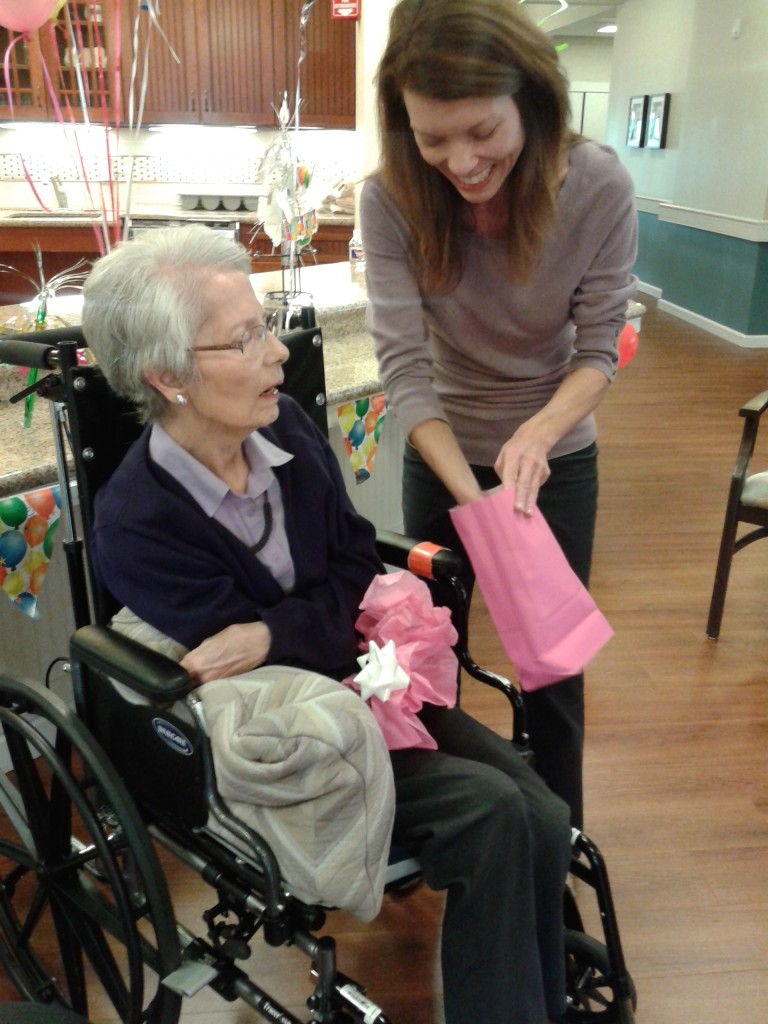 We are in the process of making a few changes, including shortening the length of some visits and extending the length of others. Change is a part of life, and the Lady-Links make every effort to support whatever is necessary for the benefit of our dear friends. That’s what flexibility is all about!
We are in the process of making a few changes, including shortening the length of some visits and extending the length of others. Change is a part of life, and the Lady-Links make every effort to support whatever is necessary for the benefit of our dear friends. That’s what flexibility is all about!
Lady-Links are person-centered when it comes to our dear friends and flexibility is an essential part of our philosophy. Love, laughter and flexibility…they’re sure better than crying when things don’t go as planned!

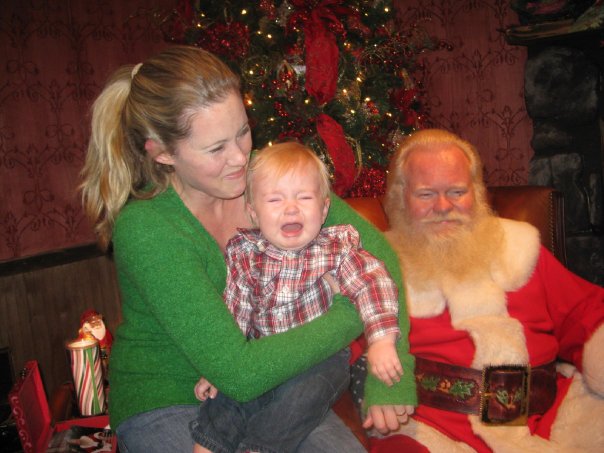
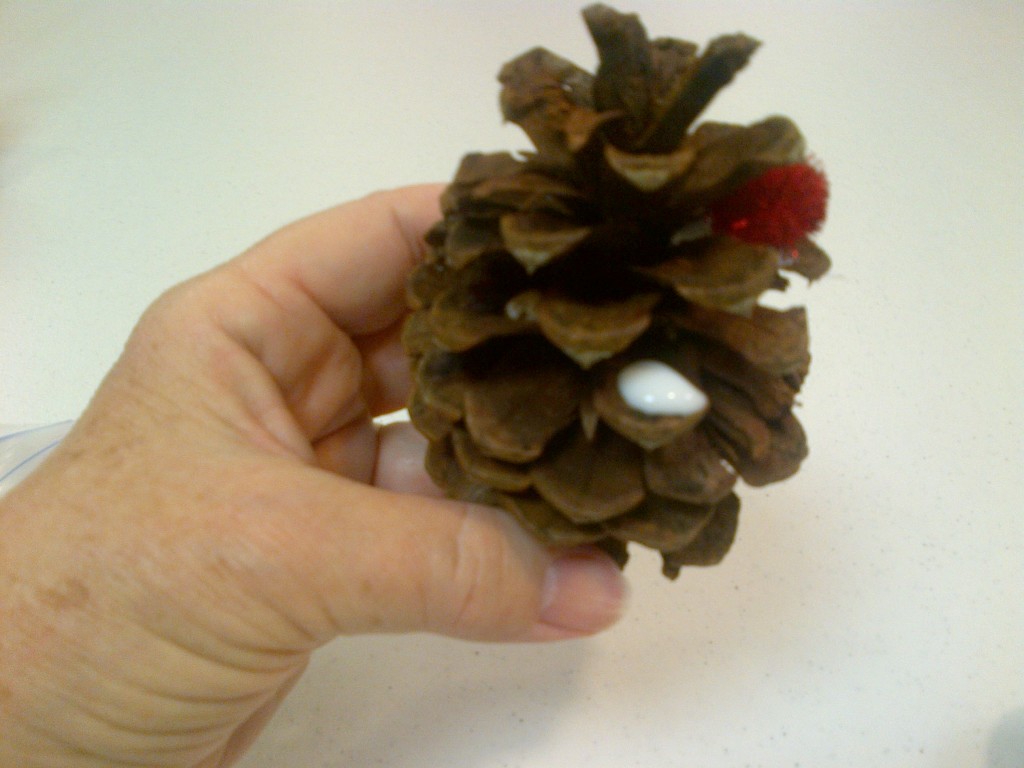
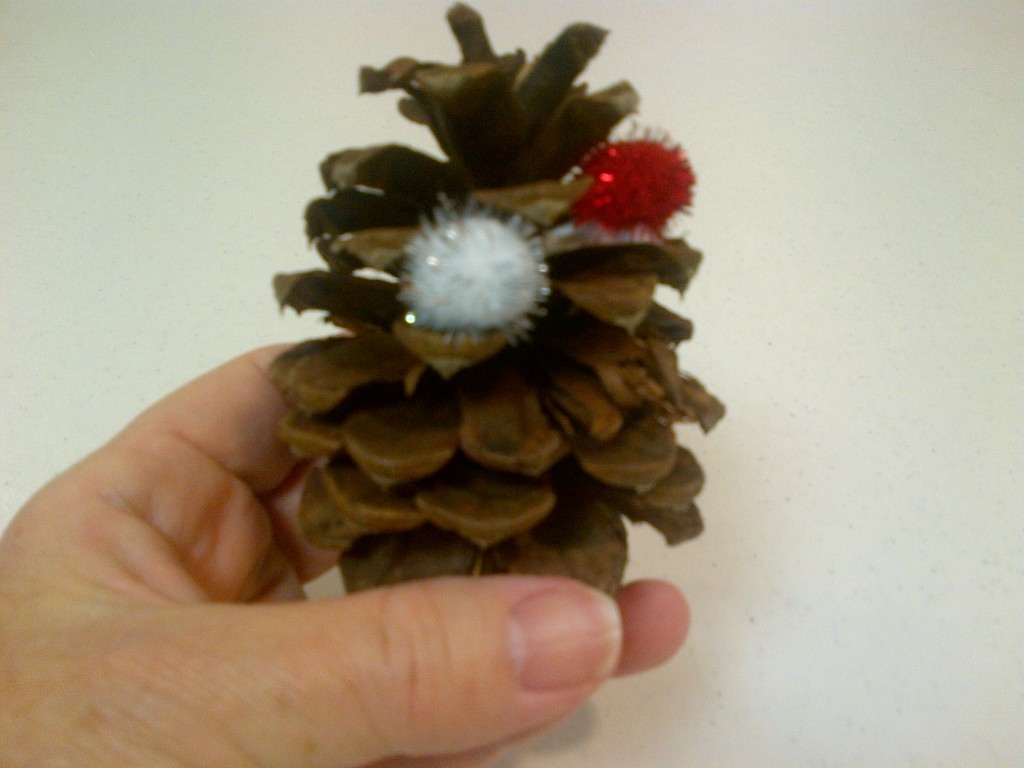
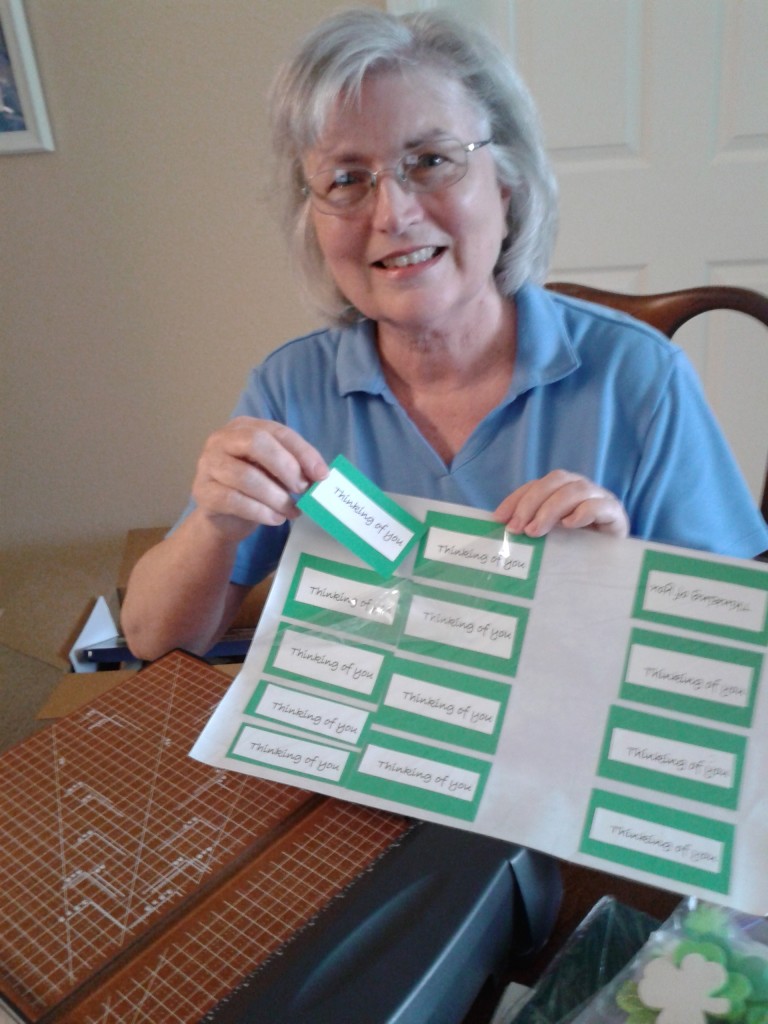
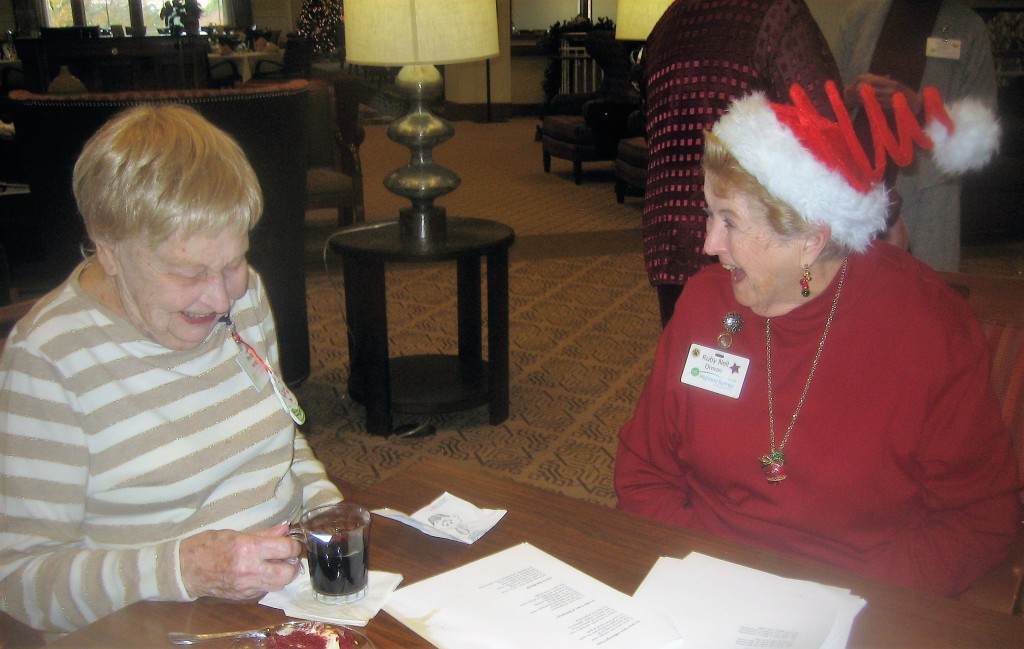
Speak Your Mind